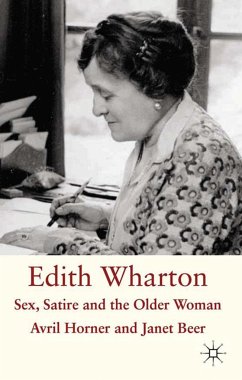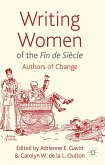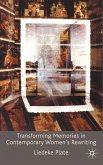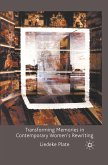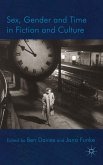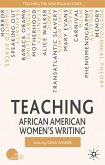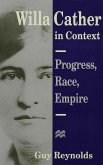Wharton's late and critically-neglected novels are reclaimed as experimental in form and radical in content in this book, which also suggests that her portrayal of older female characters in her last six novels anticipates contemporary unease about the cultural marginalization of the older woman in Western society.
"Edith Wharton: Sex, Satire, and the Older Woman is rich with observations regarding Wharton's final six novels and does a commendable job of claiming an important place for these texts in the Whartonian canon. Horner and Beer provide insightful readings of Wharton's work that will prove useful to anyone seeking to understand Wharton's place in modern literature and as a champion of expanded definitions of acceptable femininity in the early 20th century." - Studies in American Naturalism
"The present book is aimed at justifying the artistry in several late Wharton books. The nature of the book's contents should be attractive to anyone who enjoys Wharton's fiction, and who may not be as familiar with some of the works critiqued as with antecedent Wharton titles . . . Not only do they bring forward the readability of Wharton's later fiction, they do so in what are thoroughly readable viewpoints . . . the command of Wharton scholarship is deftly blended with ideas foundin recent theoretical discourse." - South Central Review
"The present book is aimed at justifying the artistry in several late Wharton books. The nature of the book's contents should be attractive to anyone who enjoys Wharton's fiction, and who may not be as familiar with some of the works critiqued as with antecedent Wharton titles . . . Not only do they bring forward the readability of Wharton's later fiction, they do so in what are thoroughly readable viewpoints . . . the command of Wharton scholarship is deftly blended with ideas foundin recent theoretical discourse." - South Central Review

